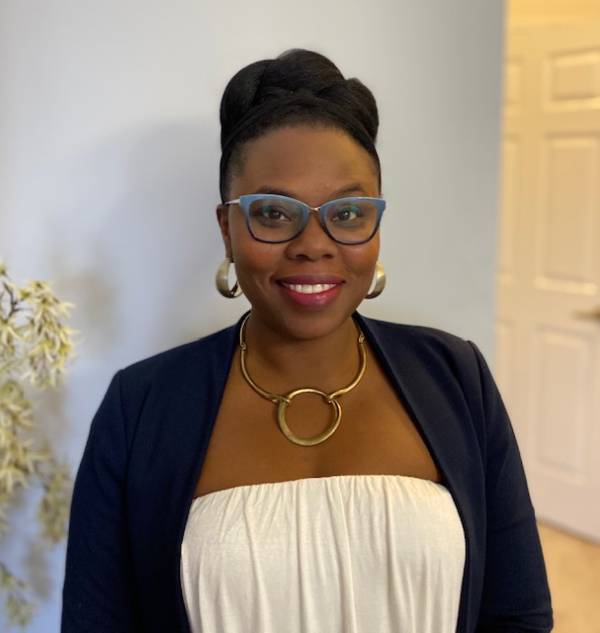Shining a Light on Black Femicide: UC Professor Temitope Adefarakan Speaks at Amnesty International Canada Conference


16 Days of Activism: #NOEXCUSE UNiTE to End Gender-Based Violence
Black femicide is a lethal form of ‘anti-Black gender-based violence’ (aBGBV), a term developed by Dr. Temitope Adefarakan that explains the intersections between anti-Black racism and feminized gender identity that lead to violence against Black women, girls, queer, trans, non-binary and gender-diverse people.
Despite the ongoing persistence of this lethal violence, Black femicide continues to be overlooked and erased in Canada. Currently, data on Black femicide is not being collected, resulting in under-reporting of femicide cases. The experiences of Black women, girls and 2SLGBTQQIA+ individuals are often overlooked in prevention and intervention efforts on femicide, despite evidence pointing to heightened exposure to anti-Black gender-based violence.
Indigenous, Black and racialized survivors experience multiple barriers to justice. Part of this experience includes law enforcement and legal systems that frequently fail to recognize the complexities of their lives and continue to perpetuate colonialism, systemic racism, discrimination, misogynoir and harm. Indigenous and Black women and girls are also subject to historical and ongoing police abuse and violence.
“The issue of Black femicide is being overlooked, discounted and wholly erased because Black femicide data is not being collected, resulting in under-reporting of femicide cases”
-Dr. Temitope Adefarakan
Amnesty International Canada attends the UN CEDAW Committee’s 89th Session
“The issue of Black femicide is being overlooked, discounted and wholly erased because Black femicide data is not being collected, resulting in under-reporting of femicide cases” said Dr. Temitope Adefarakan in a collaborative Shadow Report submission with Amnesty International Canada to the CEDAW Committee.
Despite limited data, violence experienced by Black women, girls, and gender expansive, non-binary and trans people who identify as Black is a serious issue, a trend that is rooted in anti-Black racism, misogynoir and socio-economic disparities. Black women, girls and gender expansive, non-binary and trans people who identify as Black are often overlooked in prevention and intervention efforts on femicide, despite evidence pointing to their heightened exposure to anti-Black gender-based and sexual violence.